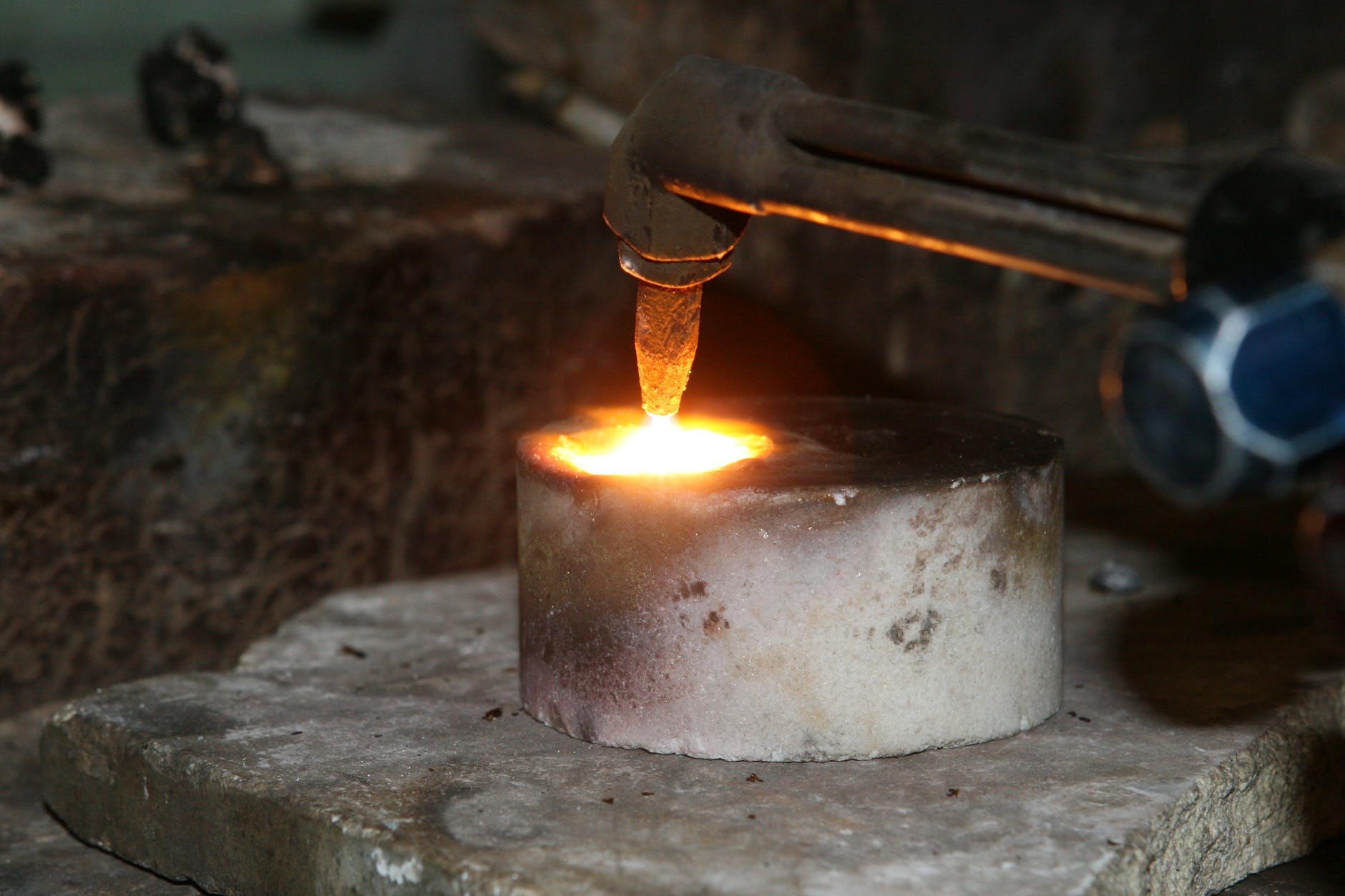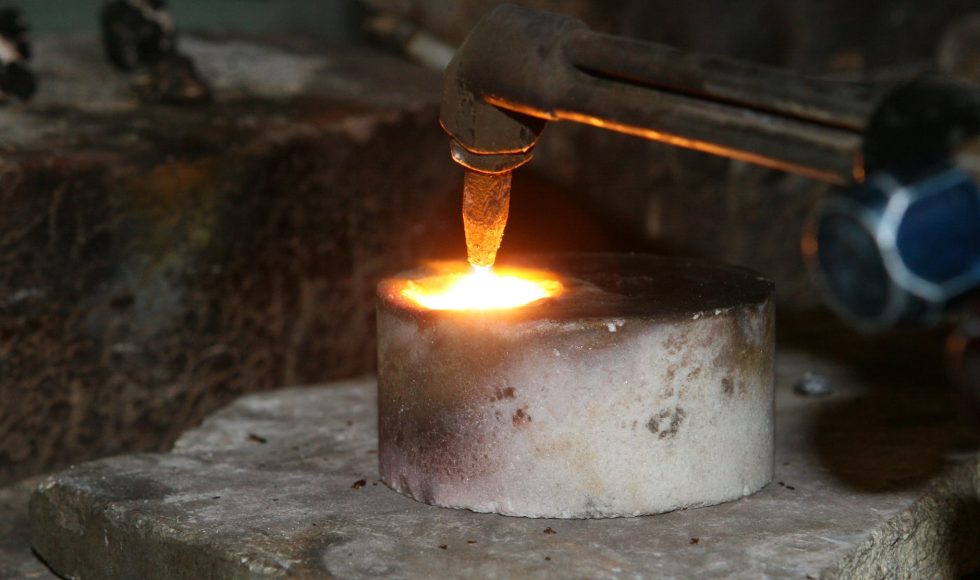Ashley Beck from Carroll College spoke about “Applying nanopore sequencing in the undergraduate classroom for environmental microbiome analysis” at the 2022 London Calling Conference. They explained that they are dedicated to bringing technology and education to teach undergraduates. They took samples from a contaminated river from Western Montana. With students, Beck collected samples. The next year, Beck gave students the option to select their samples. Student groups analyzed the microbial populations of water fountains and soils around a contaminated smelting site. Students extracted DNA, used the Nanopore 16S sample preparation kit, and sequenced on an MK1b device. They used MIN 106 flow cells and the 24 barcode kit. Students analyzed their data using the EPI2ME fastq 16S workflow and then explored data tables with the R Tidy Micro Tools. I did not know about these and will look into this package! Student outcomes included completion of the project experiments and analysis of results. Student outcomes using a survey assessment of the first year of the project. The survey they used focused on three categories: collaborative, discovery & relevance, and iterative aspects of the inquiry-based lab. Participants shared their self-perceptions using a 1-5 Likert scale. Beck shared a student quote that highlighted how these labs and technology helped them feel like scholars and less nervous and lost. I will now search for information about Tidy Micro Tools as this may be something we can explore using Google CoLab notebooks.



